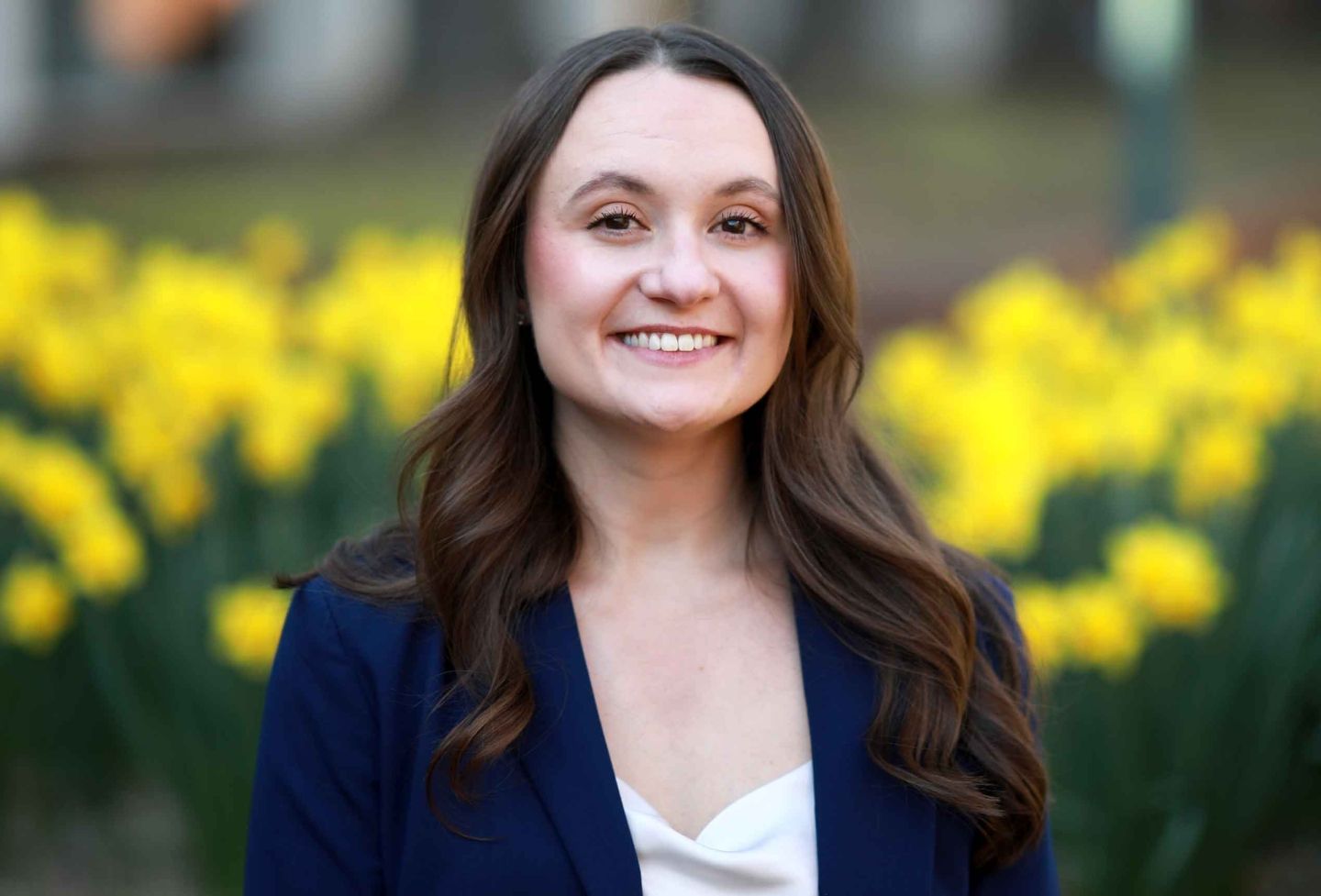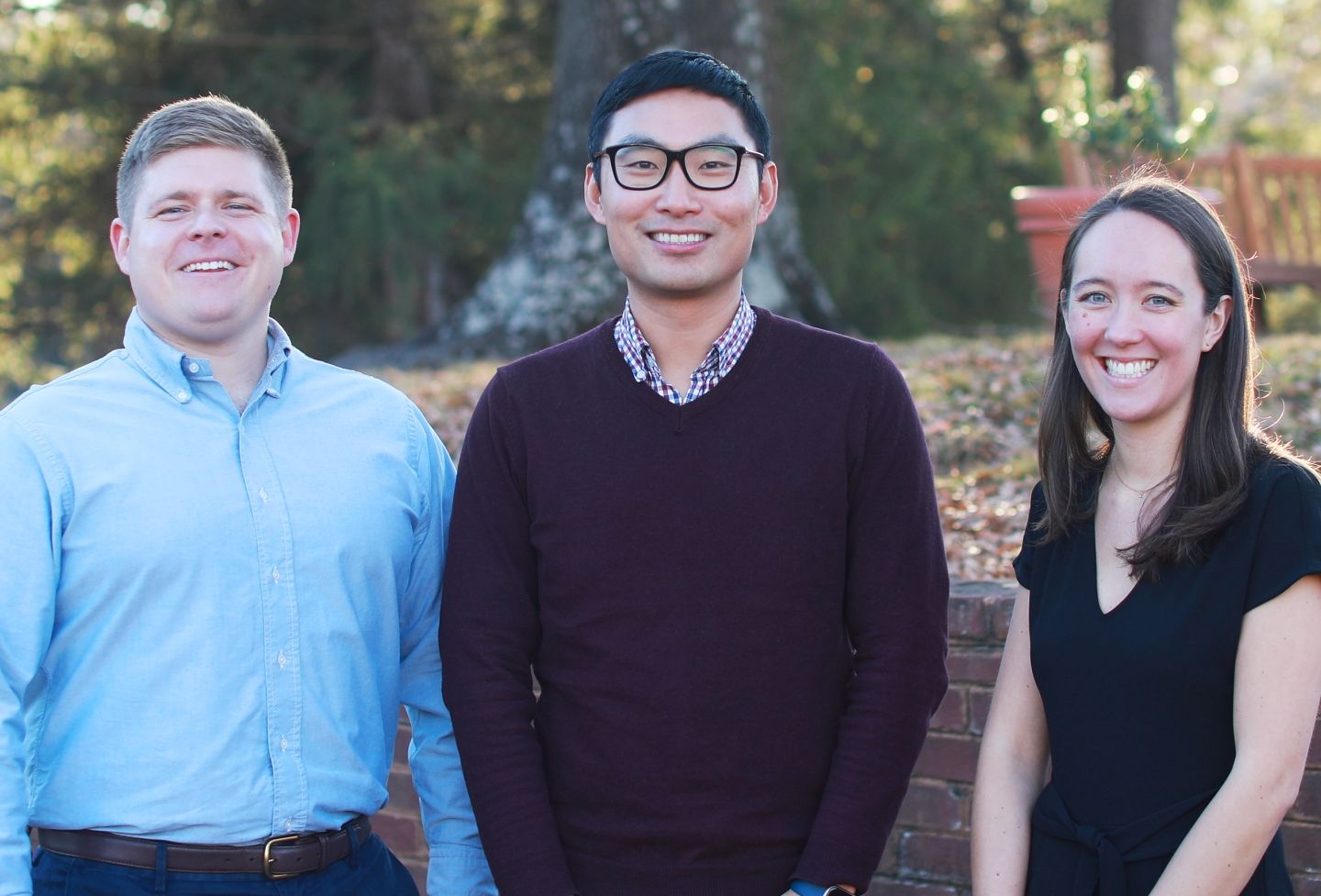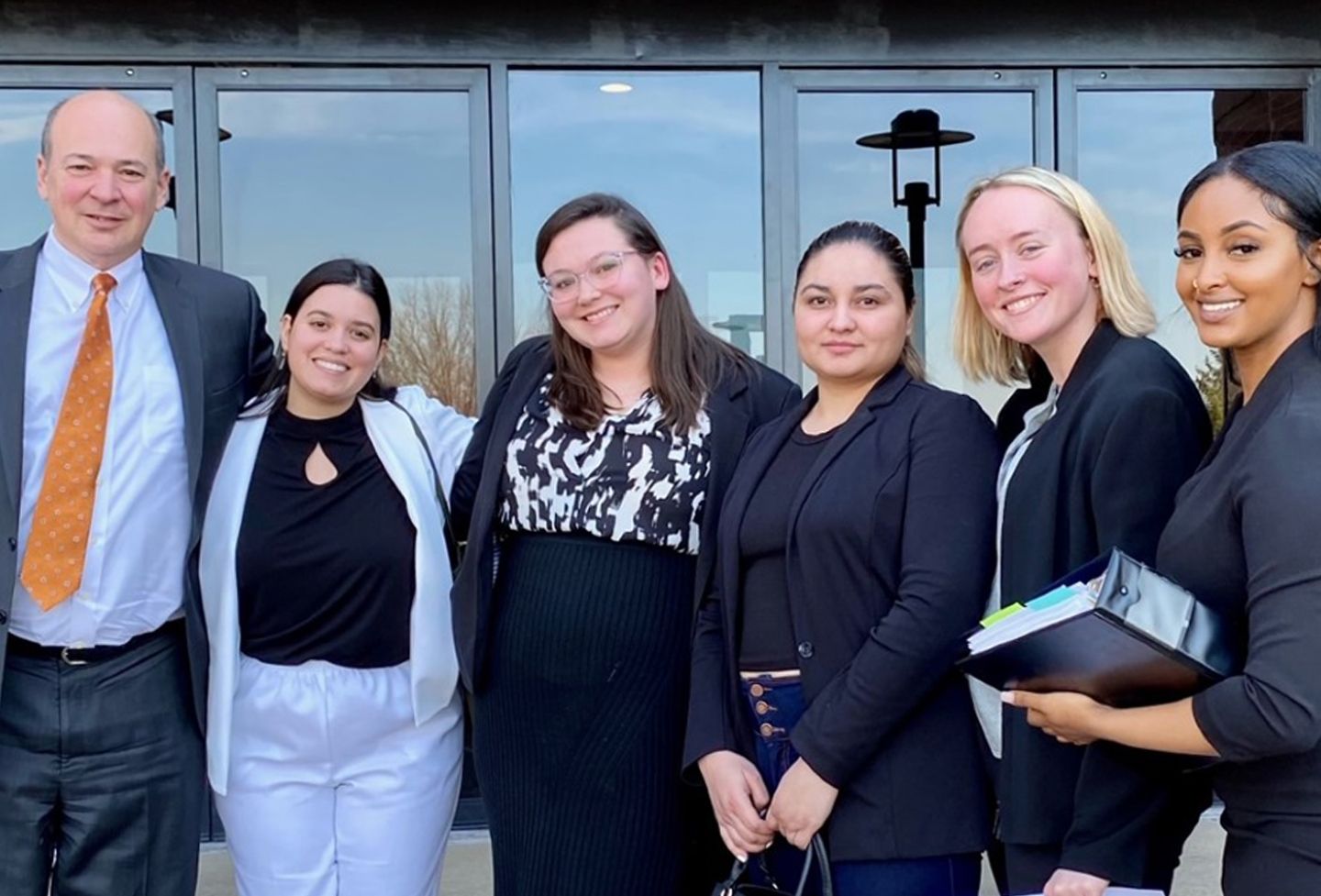In Malawi, Poverty Stunts Protection for Human Rights, Law Students Find
Malawi's widespread poverty cripples its legal infrastructure and is an obstacle to protecting human rights, according to law students in the Human Rights Study Project who traveled to the African nation in January.
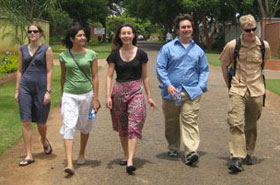 Now in its ninth year, HRSP is a student-run organization at the Law School dedicated to promoting awareness of human rights issues in other countries through research trips abroad. Past teams of students, called Cowan Fellows, have traveled to countries such as Egypt, Cuba, and Lebanon and Syria.
Now in its ninth year, HRSP is a student-run organization at the Law School dedicated to promoting awareness of human rights issues in other countries through research trips abroad. Past teams of students, called Cowan Fellows, have traveled to countries such as Egypt, Cuba, and Lebanon and Syria.
"This trip has enabled me to better understand the challenges facing modern African societies, given their colonial and customary legacies," said Rob Kiss, one of eight Cowan Fellows.
In addition to Kiss, HRSP President Katie Watlington, Melanie Stuart, Karla Soloria, Trevor Tulius, Diane Rish, Dena Harandi and John White spent three weeks in Malawi conducting original research on topics ranging from human trafficking to environmental rights.
First- and second-year students may apply to be Cowan Fellows in March. Once members are chosen by the preceding team, they meet to choose a destination and their projects.
"We have a lot of autonomy to decide what we're going to study, where we're going to go, and what we're going to do while we're there," Watlington said.
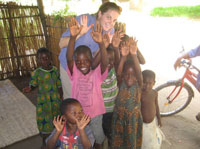
"Malawi was chosen for its relative safety and the accessibility of officials. There are few places where you could literally walk in the front door of a government ministry, tell them what you are doing and be led down the hall to the director's office," Stuart said.
Kiss characterized the access to Malawian government officials and workers from nongovernmental organizations and other groups as "amazing."
White agreed. "The willingness of everyone to speak with me, from the random person on the street to government ministers, has changed my attitude toward investigative work," he said. I thought I was going to meet with roadblocks at every turn, but by and large people were very frank and open.
Many Americans have never heard of Malawi, Watlington said, and many who have only know it because Madonna adopted a child from there.
It is a country of about 15 million located in southeastern Africa between Zambia and Mozambique. According to Kiss, the country's nickname, the "Warm Heart of Africa," is appropriate.
"Throughout my experience in Malawi, I was impressed by the warmth and generosity of its people," Kiss said.
Malawi's poverty, however, makes human rights a low priority. "Forty percent of the country's budget comes from aid. There's no infrastructure there," Watlington said. People just sit in jail without ever talking to an attorney."
Tulius cited an example of a man in his fifth year in prison charged with a murder he allegedly committed when he was 15. He had no trial, and no bail.
"If he had been found guilty when he was 15, he would have been let out when he was 18. He would have been in a juvenile facility," Tulius said. "He never had a trial, so at 18 they moved him into the general prison population. If he has a trial tomorrow and is found guilty or innocent, he still gets to leave prison."
Only 300 lawyers practice in a country of 15 million, and 20 are public defenders, according to Tulius. Ninety-eight percent of all defendants represent themselves, he said. The government has implemented some reforms, such as allowing plea bargaining, but more are needed, the students said.
Only about 25 percent of Malawians have access to formal financial services, Watlington said. "So 75 percent of the country doesn't even have a checking account, a savings account," she said. Capital can come in the form of microfinance, an international trend in which the poor have access to very small loans. But in Malawi, as in much of the world, there are problems with predatory lending.
Hopefully, the end result of all of all eight of our projects is that someone in Malawi sees them, reads them and something positive will happen," Tulius said.
For some students, the experience has helped solidify career plans. It has confirmed my commitment to international human rights, and my future career will be enhanced by this program," White said.
"I think it's hard to go to Africa, especially a country as small and as poor as Malawi, and not experience some sort of change in perspective," Stuart said. "Law students tend to worry about getting a six-figure associate position" in a law firm, Stuart said, but Malawians are more concerned with survival, with food, education and simple transportation.
The Cowan Fellows are scheduled to present their reports March 29 in Caplin Pavilion.
Founded in 1819, the University of Virginia School of Law is the second-oldest continuously operating law school in the nation. Consistently ranked among the top law schools, Virginia is a world-renowned training ground for distinguished lawyers and public servants, instilling in them a commitment to leadership, integrity and community service.
